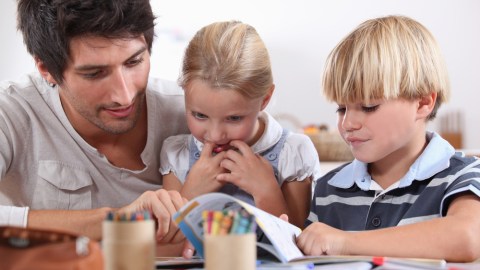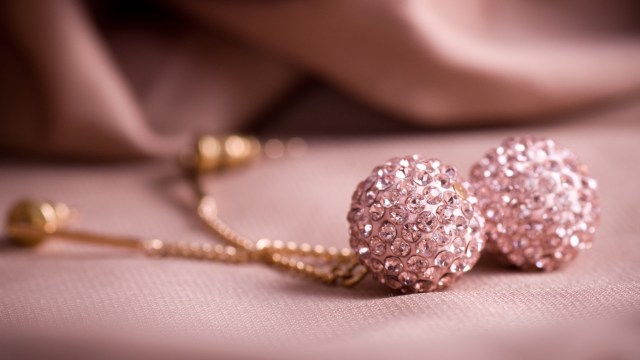On Father’s Day, Exploring the Psychology of the Father-Child Bond

What’s the Latest Development?
In scientific literature, fathers tend to get short shrift when it comes to discussing the emotional bonds formed between parents and children. But new research suggests that the father-child bond is remarkably similar to the mother-child bond in terms of the essential physical communication that takes place during a child’s infant years. Called “infant-directed” communication, mothers and fathersare more likely to be “physically close, interactive, enthusiastic, and repetitive when teaching their babies how to use new toys or try new things than when teaching other adults.”
What’s the Big Idea?
Other interesting correlations suggest that a strong father-daughter bond may pay dividends outside the relationship itself. “Women with warm, supportive father-daughter relationships had lower cortisol levels and attenuated cortisol spikes when responding to a stressful life event that had nothing to do with their fathers or their families; those who reported rejecting, chaotic relationships with their fathers had higher cortisol levels and more sensitive cortisol reactions.” In scientific studies, the education level and socioeconomic status of fathers also correlated strongly with the success of their children in adult life.
Photo credit: Shutterstock.com
Read it at Scientific American





